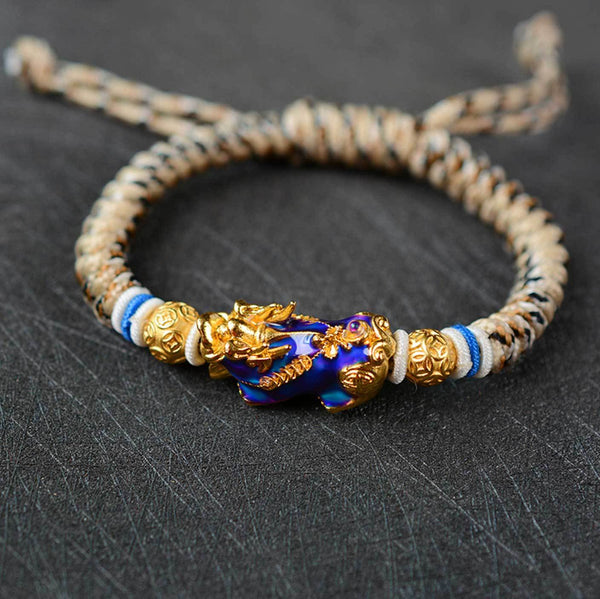


There are other documents and also philosophical canons like the Shiji, Shangshu, Lushi Chunqiu, and Liji that details legends, heroes, and Chinese cultures. The other book is the Hei’an Zhuan or the Epic of Darkness that is a collection of legends in their epic form as preserved by the Han.


Then you have the Shui Jing Zhu or the Commentaries on the Water Scroll that has geographical and historical records, as well as records of legends. It is, therefore, known as China’s early encyclopedia. The book also covers things like medicine, history, customs, as well as the ethnicities of ancient times. The book Shan Hai Jing or the Mountain and Sea Scroll lay out different details about myths, religion, and witchcraft across Ancient China while also going into great detail on matters like the records of China’s geography, including seas, mountains. These are the early works that are pretty much the sources of the Chinese myths that are shared today. Well, for the most part, Chinese mythology stems from general concerns around morality and societal issues, and they inform individuals about their cultures and values and there are some factual recordings pointing to the source of these stories.Ī huge chunk of the Chinese myths are said to originate from around the 12th century BCE, and for over 1000 years, they were transmitted orally before the first recordings of these myths in books like Shan Hai Jing and Shui Jing Zhu. But never stopped to think about the history of Chinese Mythology. Chinese Mythology HistoryĪs mentioned above, Chinese mythology is more or less a collection of cultural history, religious traditions, and folktales that have been passed down generations for centuries in either written or oral forms. The other notable thing about Chinese mythology is the fact that most of the time, Chinese mythology is tied to some ritual acts like ceremonies, dances, and even sacrifices. And while most of these myths are seen in the actual present chronology of prehistoric times, a number of them involve specific culture heroes that taught people different things or were an ancestor of a certain dynasty family or ethnic group. Some of these mythological stories also involve creation myths, as well as the origin of people, cultures, and things, and even the origin of the Chinese state. Most of the myths in Chinese mythology tend to involve creation stories and the universe’s cosmology, along with the different deities and inhabitants from the past days. It’s important to note, however, that many of the stories around the events and the characters of the distant past tend to have what is called a double tradition – this is the tradition that presents more of a euhemerized or a historicized version of things, and one that comes off as more of a mythological version of things. Alongside Chinese folklore, the mythologies all form a large part of the Chinese folk religion. There is also the use of magical powers to a rather large extent, and especially around creatures/ beings and events taking place in different exotic and mythical places at different times.Īnd just like other mythologies from around the world, Chinese mythology has been believed widely in the past as actual factual recordings of history. A huge chunk of Chinese mythology is, however, focused on exciting and mindblowing stories around fantastic people and magical beings. It’s important to note that Chinese mythology encompasses different cultural elements as well as varied myths from different regions and even cultural traditions. Notably, China boasts rich cultures and traditions, which is why it doesn’t come as a surprise to learn that China has quite a bit to offer in terms of mythology. What Is Chinese Mythology? Chinese mythology can be defined as mythology passed down through oral or written/ recorded literature in specific areas of the world, but in this case, recorded in China.


 0 kommentar(er)
0 kommentar(er)
